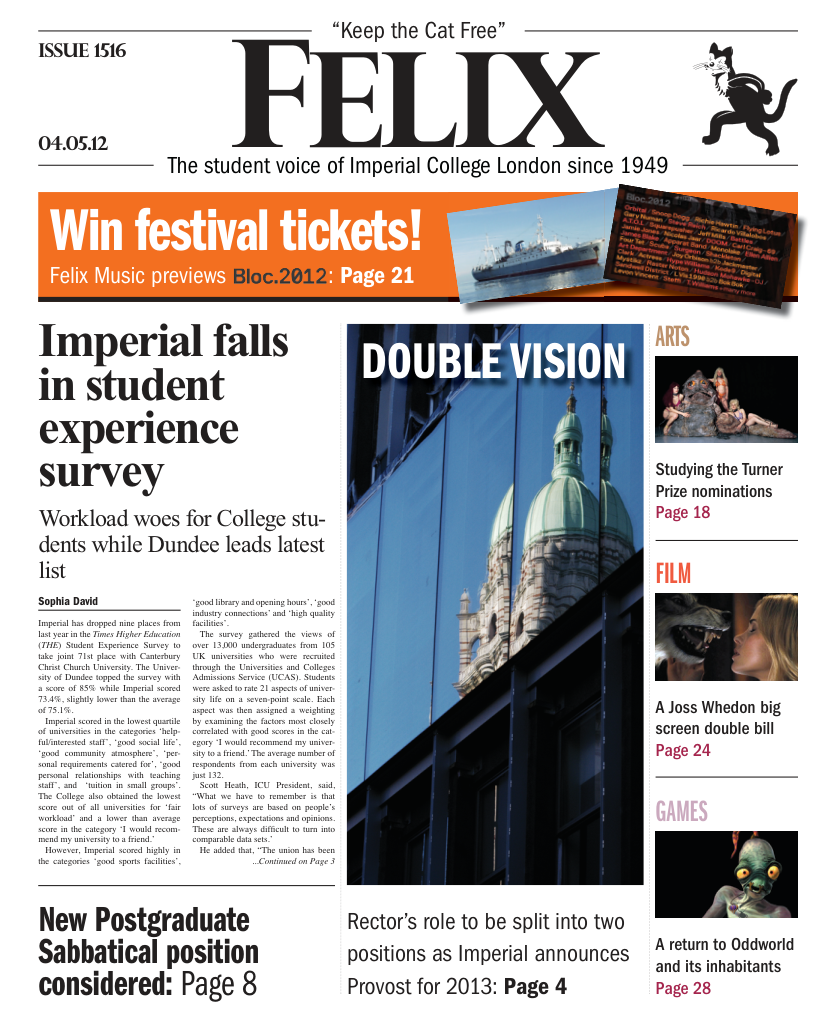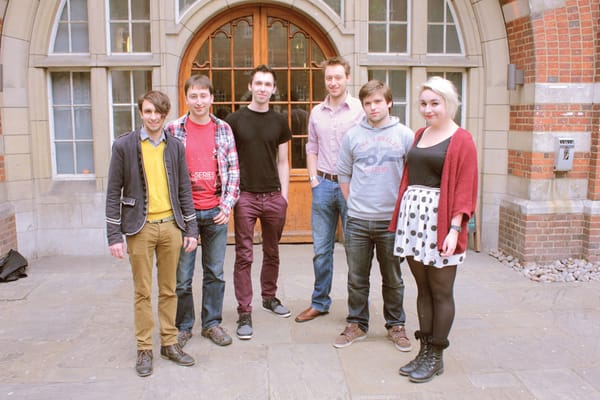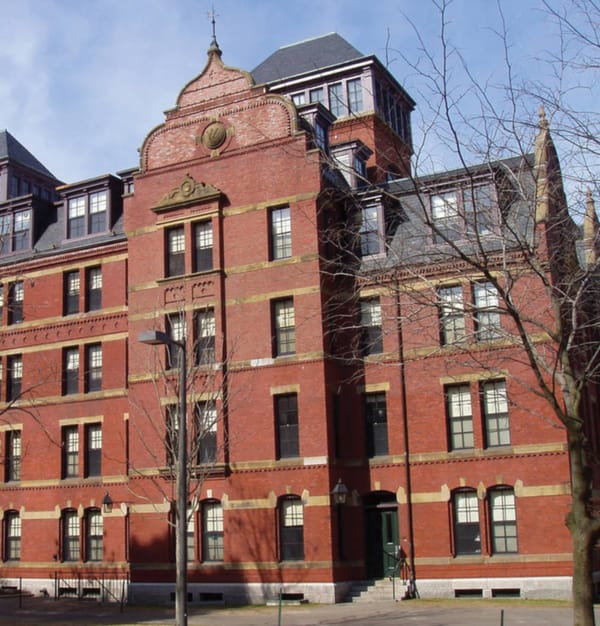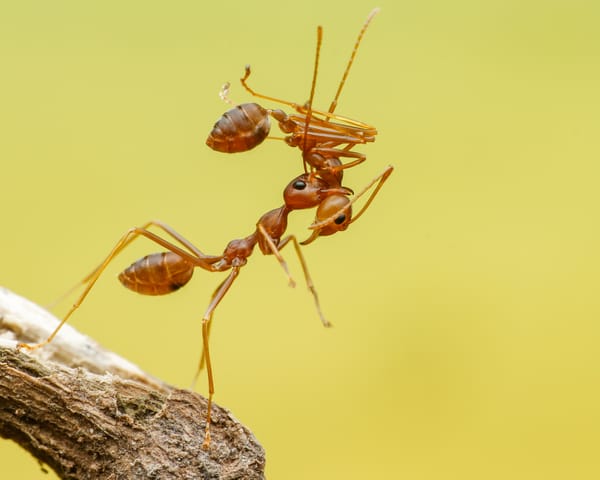Students compete for global health project prize
Prize of £2,000 goes towards student project
At the end of last term, the Institute of Global Health Innovation (IGHI) held the final of a new competition in which five students presented a global health project with which they were involved, competing for a prize of £2000 to put towards their project.
The students had ten minutes each to impress three judges, former Chief Medical Officer and Chair in Health Policy at the IGHI, Sir Liam Donaldson, a BBC health correspondent, Jane Dreaper, and founder and president of the charity, PiggyBankKids, Sarah Brown.
The competition was open to students studying for a BSc, MSc, MEng, MBA, MPH or MRes with final year projects being the basis for their entries.
The winner was John Chetwood, a fifth year medical student, who undertook work on cholangiocarcinoma (CCA), or bile duct cancer, in Thailand for his BSc in Gastroenterology and Hepatology.
The incidence of CCA is increasing worldwide and is particularly prevalent in areas of South East Asia. A major risk factor for the disease is infection with a parasitic liver fluke, Opisthorchis viverrini. The cancer is invariably fatal.
The incidence of CCA is increasing worldwide
John spoke about how this cancer is often detected too late due to a lack of accurate diagnostic biomarkers. His project, which he worked on for three months, aimed to explore whether metabolic differences between urine samples of healthy controls and cancer patients could provide the basis for a novel detection method.
Indeed, he found that healthy controls and cancer patients had distinct urinary metabolic profiles with significant differences between levels of citrate, hippurate and glycine.
John said, “I’m extremely pleased to win the first Institute of Global Health Innovation student challenges competition, particularly as I had to rush back from playing hockey at Varsity to compete for the prize. It was very exciting to present my project to such high-profile judges, and such an award validates the emerging role global health is playing in international research.”
Such a cheap and easy method has the potential to save many lives
He plans to use the £2000 to further validate the findings in a larger study. Another goal is to create a urine dipstick which can detect the presence of the cancer early and accurately. He said, “Such as cheap and easy method has the potential to save many lives.”
Also highly commended was another medical student, Yu-Jeat Chong, for his project which used satellite technology to monitor salinity in drinking water.
The Institute hopes the competition will become an annual event and entries can already be submitted for next year.
The final was followed by the IGHI’s annual lecture given by Sir Liam Donaldson on “Polio: The challenge of making it history”. Sir Liam is currently the Chair of the International Monitoring Board (IMB) on polio eradication.
Since the goal of polio eradication was declared by the WHO in 1988, the number of cases has been reduced by 99%. However, the remaining 1% remains elusive and there is concern that polio will not be eradicated before funding dries up.








